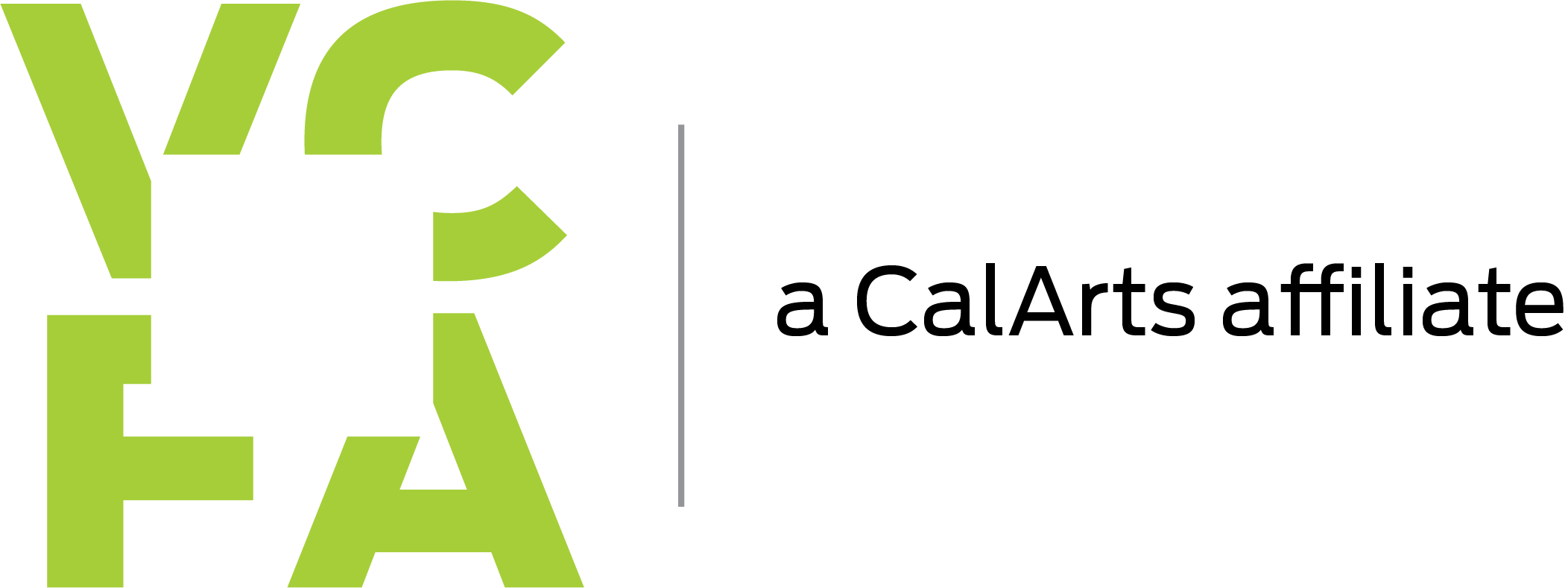Postgraduate Semester in Visual Art
Participants in this program will develop a substantial research project and/or body of artwork, and the semester will culminate in a public presentation and critical discussion of the work. Postgraduate residencies coincide with MFA in Visual Art residencies, so PGSVA students will be active participants in the exciting dialogues with faculty, visiting lecturers, guests, and MFA candidates.
The Calendar
Content-packed residencies bookend the 27-week semester. During the first residency, students meet with faculty to confront and refine the conceptual, aesthetic, and practical issues involved in their proposed projects and develop a detailed plan for the rest of the semester. Students who have chosen to focus primarily on studio work will also consult with the faculty to identify the best artist-mentor match for their project. The first residency provides the opportunity to take part in group discussions and critiques with other students and participate in all the public lectures, workshops, and activities offered through the regular MFA in Visual Art residency program.
Research/Writing Focus
Postgraduate Students whose sole focus is research/writing will have an expanded engagement with their faculty advisor during both the residency and non-residency periods. Communication during the non-residency period–approximately 6-8 scheduled contacts–occurs via email, Skype, and other means. Students remain in charge of their projects while also taking advantage of the faculty advisor’s extensive knowledge and critical insights.
Studio Production Focus
If a student’s postgraduate semester is geared primarily toward studio production, a selected faculty member will oversee the project. The student will have at least five studio visits with their artist-mentor, who will be selected in consultation with the assigned faculty supervisor. Students remain in charge of their projects while also taking advantage of the artist-mentor’s expertise and the faculty supervisor’s role as an engaged outside observer.
Coming Together
The two different postgraduate semester tracks (research and studio) have been developed to identify and emphasize a particular focus, but projects focused on research may also involve studio work, and vice versa. The primary differences between these two tracks are whether the student wants to work with an artist-mentor or exclusively with a faculty advisor and what form the culminating project will take (see below).
During the second residency, postgraduate students whose projects are research based will conclude their time in the program by presenting their research projects in a public lecture/presentation. Postgraduate students with a studio concentration will install an exhibition of their work at the second residency. Students are encouraged to consider lecture/exhibition venues on campus. VCFA will help facilitate access to possible sites off-campus pending availability. The second residency will also be organized around extensive feedback and critical responses to the completed project from the faculty, visiting artists, other PGSVA students, and the MFA students in residence.
Application Questions & Guidance
Project Description
- Because the postgraduate semester is project oriented, applicants must provide a basic description of the proposed project (maximum 500 words). Be as specific as possible, identifying a basic thesis, the conceptual ideas, influences, objectives, and materials you envision for the project. Briefly describe how this project relates to and/or differs from the work you produced when you were enrolled in your previous MFA program.
- In the second residency of the postgraduate semester, you will be expected to make a public presentation of your project. Describe the kind of public presentation you envision for your project. If you are planning an exhibition or site-specific work, discuss the type of site and how you envision the audience encountering the work (maximum 500 words).
- Describe what you will need from the semester to help you realize your project (maximum 300 words). Consider the role that the residency, faculty guidance, artist-mentor relationship, and VCFA community at large might play in that process.
Personal Description
- Describe your current work as an artist since earning your MFA (maximum 500 words). Discuss the development of your studio practice, your intellectual development, and the social, historical, and/or cultural context of your practice. Explain how the postgraduate semester will enhance, encourage, and support your development as an artist/scholar. Be sure to address why you are applying for a postgraduate semester now, explaining why this moment is appropriate for you personally as well as for the development of your practice.
- Include an artist resumé.
- If proposing a studio-based project, please provide documentation of no more than 20 artworks that you have made since graduating. Please also provide the following information: an image list, headed with your name, including in chronological order each image with its dimensions, medium, title, and date of creation. For time-based media work, include total running time and length of excerpt (not to exceed 13 minutes).
- If proposing a research-based project, please provide a writing sample (maximum 1000 words).
- Applicants can specify up to three VCFA faculty members with whom they would like to work, explaining why these particular faculty members will help them actualize their project. When appropriate, VCFA will facilitate the requested match; however, it cannot guarantee that the desired faculty members will be available. You will be informed of the faculty advisor prior to the start of the residency.
Tuition and Fees
- Please see Tuition & Fees page (postgrad tuition and postgrad residency fees).
- Tuition & fees are subject to change; contact Admissions for current information.
Application
Post-grad semester applications will open in mid-September.
Deadline:
October 1, 2024 for a January start.
April 1, 2025 for a summer start.
Faculty
Contact
Admissions: [email protected]

